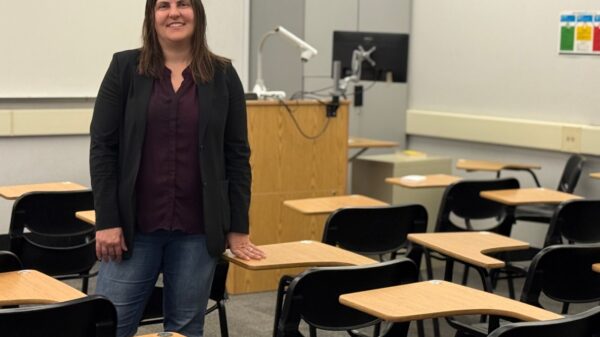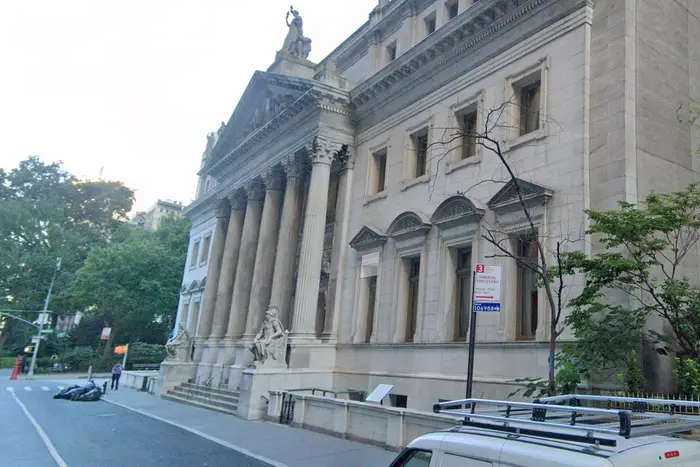URGENT UPDATE: A New York appellate court has just ruled that the city’s Administration for Children’s Services (ACS) engaged in illegal surveillance of domestic violence survivors. This landmark decision comes in response to a case involving a mother, referred to as Kyon, who was subjected to intrusive monitoring despite not being accused of harming her child.
The court’s decision, handed down recently, has the potential to impact thousands of domestic violence survivors across New York City. The ruling underscores the urgent need for reform in how child welfare agencies interact with victims of domestic abuse, particularly those who are not accused of wrongdoing themselves.
DETAILS: The case began in January 2024 after Kyon’s boyfriend assaulted her in front of their then-14-month-old son. Although the ACS opened a case against the father for domestic violence, Kyon was placed under continuous supervision without any allegations against her. Over a span of nine months, ACS caseworkers conducted at least 15 visits to her home, subjecting her to what she described as “traumatizing” and “humiliating” experiences.
Associate Justice Ellen Gesmer, in her ruling, stated, “The ACS policy at issue in this case permits it to surveil the mother simply because the child’s father committed acts of domestic violence against her.” The court emphasized that such actions are based on a “faulty and unlawful premise,” highlighting the emotional toll on parents and children alike.
IMPACT: This ruling is particularly significant because it aims to protect domestic violence survivors from further trauma. Many advocates argue that ACS’s surveillance practices can inadvertently reinforce the controlling dynamics that victims face from their abusers. David Shalleck-Klein, Executive Director of the Family Justice Law Center, who represented Kyon, stated, “There is always this sword of Damocles hanging above them… that their children can be taken from them at any given moment.”
The ruling is expected to prompt immediate changes in ACS policies and could reshape how family courts handle cases involving domestic violence. Marisa Kaufman, an ACS spokesperson, acknowledged the agency’s agreement with the court that families should not be monitored excessively. However, she expressed concerns that the ruling might restrict necessary monitoring after violent incidents.
BACKGROUND: The controversy surrounding ACS’s practices has been ongoing, with many critics arguing that the agency often supervises parents who are not accused of any wrongdoing. The decision by the appellate court builds on a similar ruling earlier this year, indicating a growing judicial consensus against such surveillance measures.
NEXT STEPS: Following the ruling, ACS is reportedly reviewing its options with the city’s law department. Legal experts believe that this decision could lead to a broader reevaluation of child welfare practices statewide, particularly regarding how the agency interacts with domestic violence victims.
Legal advocates, including Melissa Friedman from the Legal Aid Society, emphasize that the culture within family courts often defaults to unnecessary supervision. “The truth is, we know that when you act on a better safe than sorry mentality, it’s actually not safer for youth,” she stated.
This urgent ruling is a significant victory for domestic violence survivors, aiming to foster a safer environment for both parents and children while ensuring that the system does not exacerbate the trauma they have already endured. As changes unfold, the public is urged to stay informed on developments affecting the welfare of families in New York City.
For more updates, stay tuned as this story continues to evolve.





































































